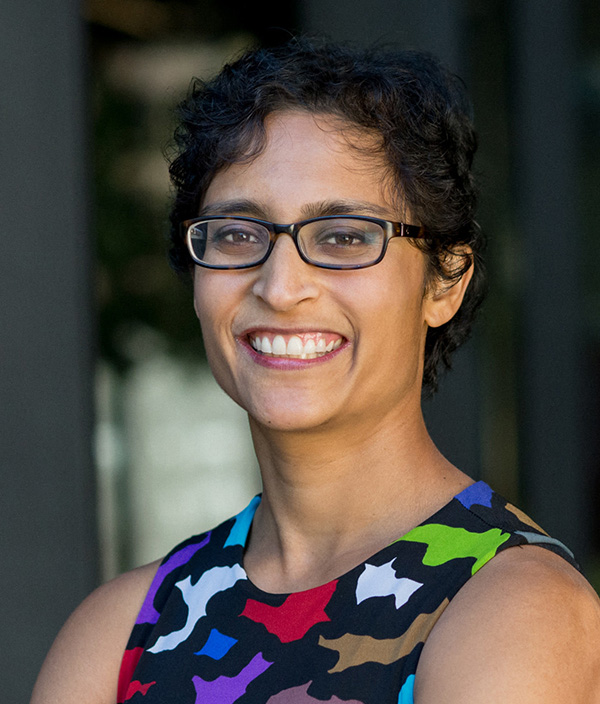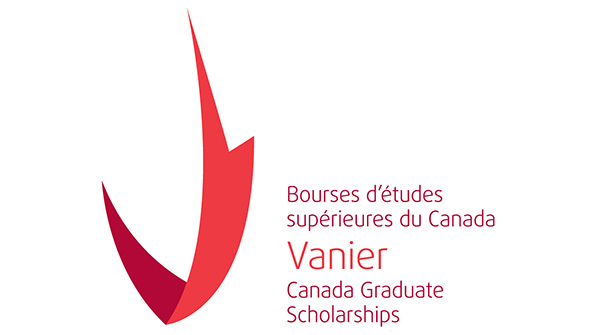 About being a Vanier Scholar
About being a Vanier Scholar
What does receiving a Vanier Scholarship mean to you?
Receiving a Vanier Scholarship is an honour, especially as someone early in my research career. In my case, it recognizes the importance of using research to support community labour justice organizers with the goal of improving health for all workers. Lastly, it provides a welcome opportunity to give greater attention to my dissertation and related work.
Tell us about your Vanier research.
My research aims to better combine the worlds of worker-led labour justice organizing and institutional public health, where I have worked for over fifteen years. My focus is on paid sick leave: the ability to stay home from work when you’re unwell and recover without needing to worry about losing income. Having paid sick leave is particularly important to precarious workers who tend to lack benefits and who are often women, immigrants, undocumented, Black, Indigenous, racialized, or from another group impacted by systemic oppression.
I am conducting a policy analysis to understand the factors that contributed to British Columbia legislating paid sick leave in 2022. I will also undertake a mixed methods case study that will explore the impact of having/not having legislated paid sick leave in BC as compared to Nova Scotia, where workers lack legislated paid sick leave. My intention is to use this information to inform both labour justice organizing as well as public health practice to improve the health of workers through stronger labour policies. I am conducting this research in collaboration with the Decent Work and Health Network.
About graduate student life
What inspired you to pursue a postgraduate degree?
I wished to gain research and policy analysis skills that would inform my work as a public health and family physician as well as with labour justice organizing.
Why did you choose to study at McMaster?
The interdisciplinary nature of the Health Policy PhD program is well-suited for the broad scope of public health. The program also allows me to have a significant focus on labour studies. Hamilton is also close to my family and where I grew up in Burlington.
What do you love most about your graduate program?
The skills I am gaining which I use daily, both in my graduate studies and other areas. I also have a wonderful cohort of classmates who I learn from constantly and who support each other.
What is your favourite thing about McMaster and the broader Hamilton community?
I did my undergraduate degree at McMcaster (Bachelor of Arts & Science) and have always loved the city. There is a vibrancy in its history, diversity, culture and activism in the face of injustice. I’ve been part of Justice 4 Workers Hamilton which is a dynamic, active group.
When you’re not busy being a graduate student, how do you like to spend your free time?
I spend time with my 12-year-old son, often hiking in forests or by water. I am also a writer, usually creative non-fiction. I’m involved with activism related to workers’ rights, access to health care, and solidarity with Palestine.
Beyond Grad School
What do you see as the next step in your life journey?
I am someone who changes the directions of my steps frequently, so I’m still figuring this out! Likely public health practice, integrating focused research and community-centred policy design and evaluation processes – and possibly publishing a book of short stories – while adjusting to being the parent of a teenager.

